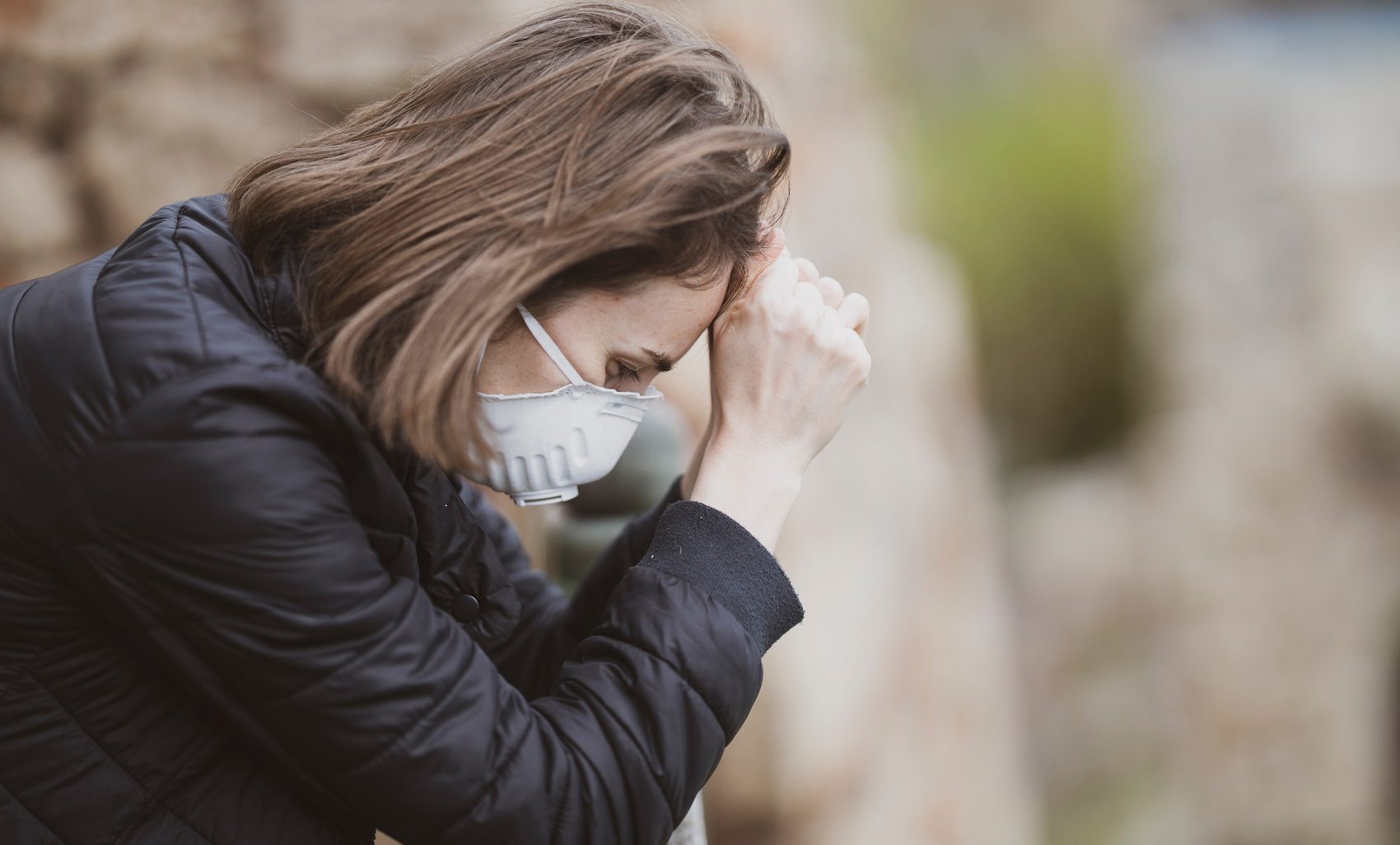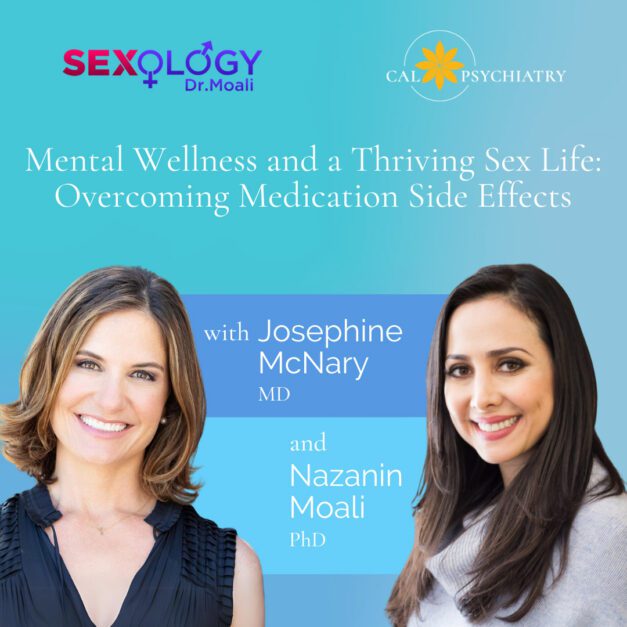The COVID-19 pandemic has caused an indescribable amount of trauma globally. In this podcast, Atlantic staff writer, Ed Yong, discusses the traumas people have experienced and why it will take some time for healing to occur.
In a recent Atlantic piece, Ed Yong discussed why tending to our mental health is critical as our country recovers from the pandemic. Yong, a staff writer for the Atlantic, spoke with psychologists and psychiatrists about the different kinds of traumas that the COVID-19 pandemic has caused. According to some of these experts, trauma is experienced differently for different individuals. What may be a stress-inducing experience for one person may not cause as severe symptoms in another person. We see this clinically too. It is critical for mental health providers to inquire about traumas of any size that could kickstart PTSD symptoms.
Many people now have a continued feeling of stress and anxiety despite the pandemic easing up. Yong likens this to a person swimming furiously in the ocean to avoid drowning. Once the person gets to shore, that drowning feeling may not just evaporate as one might expect. In fact, symptoms may worsen for people once they are out of the acute stressor. If the body has been in fight or flight mode for so long, the minute it can rest up a bit, things may not just snap back to normal. This recalibration period can be expected for a time. We need to continue to be vigilant, check in on their mental health and seek mental health care if the drowning feeling seems to be ongoing.
CalPsychiatry has phenomenal physicians who are trained to discuss various traumas and assess for the development of PTSD. No two experiences of trauma are alike, and our team is committed to developing a personalized plan tailored to you. That drowning feeling doesn’t need to continue. Call or book a consultation online with one of our doctors today. We are here to help you heal. Call or book your free consultation today.





